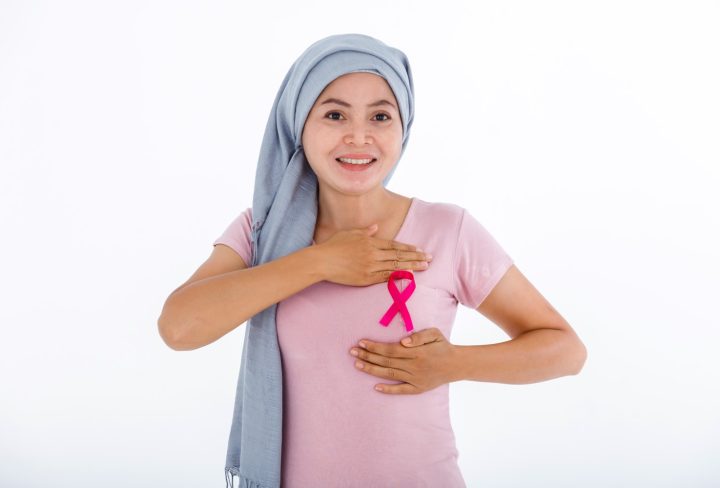While breast cancer cannot always be prevented, there are several proactive steps women can take to reduce their risk. Lifestyle factors play a crucial role in breast cancer prevention:
- Maintain a Healthy Weight: Obesity is linked to an increased risk of breast cancer, especially after menopause. Engage in regular physical activity and adopt a balanced diet to achieve and maintain a healthy weight.
- Limit Alcohol Consumption: Studies show that excessive alcohol consumption is associated with an elevated risk of breast cancer. If you choose to drink, do so in moderation.
- Healthy Diet: Incorporate a diet rich in fruits, vegetables, whole grains, and lean proteins. Such a diet can contribute to overall health and potentially reduce breast cancer risk.
- Breastfeeding: Women who breastfeed for a longer duration may have a reduced risk of breast cancer. Breastfeeding can also provide various health benefits for both the mother and the child.
- Limit Hormone Therapy: If hormone replacement therapy is required for menopausal symptoms, it’s advisable to use the lowest effective dose for the shortest duration possible.
Remember that risk factors vary among individuals, and genetic predisposition also plays a role. Regular self-exams and clinical breast exams can help with early detection. While prevention doesn’t guarantee complete immunity, it empowers women to take charge of their health.

